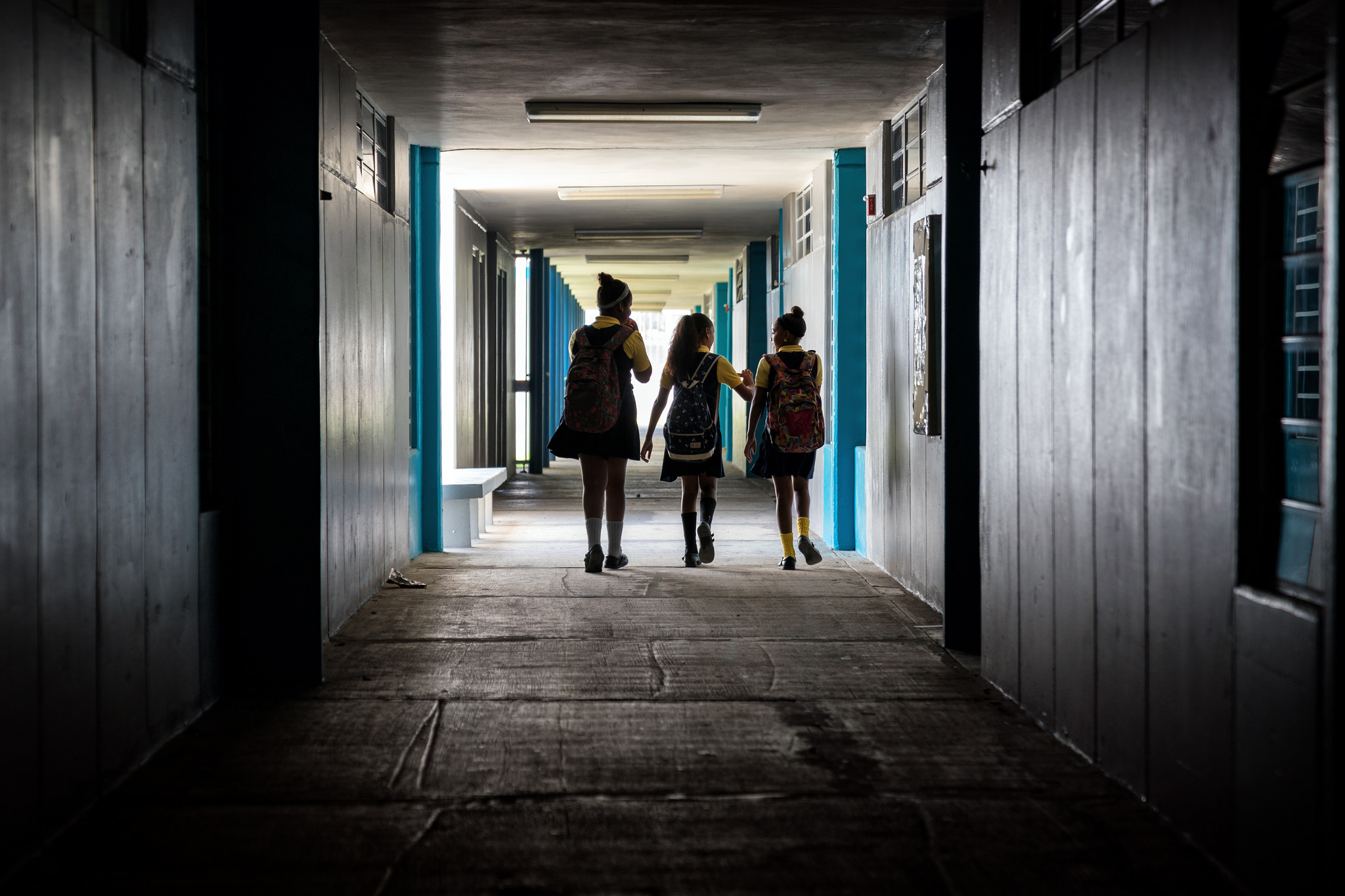
Beyond Borders, Dispatches, United States
Deported Student Saad Nabeel Fights For Family’s Return From Bangladesh
October 1, 2010 By Alison Bowen

A document Saad Nabeel says his family received after being deported, granting them legal residence in the U.S.
NEW YORK — Saad Nabeel was 18 when he was handcuffed next to his mother and escorted to a separate detention center.
This move – separating mother from minor – is at the crux of a lawsuit being prepared on his behalf.
“Everything we’re doing is a crescendo,” said Ralph Isenberg, a Texas businessman and Nabeel’s advocate.
Immigration and Customs Enforcement agents acted illegally after separating Nabeel from his parents, Isenberg said.
“The moment he put handcuffs on this kid in front of his mother and separated the two, and the moment he would no longer have contact with his parents, he became an unaccompanied minor,” Isenberg said.
As an unaccompanied minor, Isenberg argues, Nabeel should have been shifted into Department of Health and Human Services custody, which tries to reunite minors with family – like Nabeel’s nearby uncle – and offers legal and emotional counsel.
The ICE public affairs office did not return a call for comment.
Instead, Nabeel spent 42 days in a room with 60 other men, all older than him and many intimidating to the college freshman who, like many American teenagers, drops “like” into nearly every phrase.
“The only home that I know is in the United States of America,” Nabeel told The Latin American News Dispatch.
Now, Nabeel is living in Dhaka, Bangladesh, where his family was deported earlier this year, fighting for his family’s return and appealing to President Barack Obama for help.
“We’re living in a small apartment in a third-world country that I’ve never seen before,” Nabeel said.
Speaking from a barren room bereft of his prized Taylor Swift posters, Nabeel explains how his family went from two cars and a Texas home to an apartment where they have learned to live by candlelight.
When he was three, Nabeel says, his family entered on a visitor’s visa, and his father fought for their asylum for 15 years, eventually losing his case but winning an approved green card through his brother.
Last year, however, the entire family was detained, separated and deported, Nabeel said.
While studying for an exam at the University of Texas at Arlington, where he had a full scholarship for electrical engineering, he received a call from his mother, telling him his father had been detained.
Nabeel and his mother fled to the Canadian border, near Buffalo, N.Y., in a failed effort to seek refugee status in Canada.
Sent back to U.S. immigration, he was handcuffed with his mother, then separated from her. After being strip searched, he was taken at 4 a.m. to the room with open showers and toilets where he lived with 60 men.
He hid food under his bunk in tissue paper in an effort to sustain himself during the 14-hour breaks between food.
“I never imagined that I would have to do something like that in the United States of America,” he said.
Enter Isenberg’s argument – he says Nabeel should never have been in a detention center for adults. From the time he was three, Nabeel was clearly an accompanied minor with his parents, Isenberg argues, but ICE changed that by separating him, creating a situation where he was technically unaccompanied but not granted care immigrant children alone usually receive.
“That’s a total contradiction,” Isenberg said.
Different agencies use different ages to decide who’s a minor. “It can get very complicated, the treatment of unaccompanied minors,” said David Leopold, president of the American Immigration Lawyers Association, after citing various age definitions.
Detained during Thanksgiving, Christmas and New Year’s, Nabeel was deported Jan. 4, while his family’s green cards while waiting, he said.
“We went from having a home and having cars and having jobs and having me go to a university to absolutely nothing within a matter of days,” Nabeel said.
His father’s often bedridden with asthma attacks worsened by Bangladeshi pollution, and his mother suffers stress and shock, refusing to believe they’re not in their home in Texas. They’ve also learned to ration water and expect electricity outages.
“Those kind of kill us mentally because we’re not used to having to live in the dark,” he said.
Meanwhile, federal movement has issued mixed messages — the federal government announced they would ease deportations of students who arrived as children, citing more pressing priorities, but Congress declined to take up legislation that included the Development, Relief, and Education for Alien Minors (DREAM) Act that would provide a citizenship path for undocumented students.
Nabeel isn’t giving up, filling his days in a house he can’t leave – it’s too dangerous – by adding online classes in American government and business computer administration and staying up at night on American time to work for his family’s return.
A community has rallied around Nabeel, with more than 5,000 members on a “Bring Saad Nabeel Back Home to America” page, and fans following his Twitter updates.
Likewise, Isenberg spends seven days a week trying to understand what happened to Nabeel and how to help him.
Added to the lawsuit will be a component charging Nabeel suffered cruel and unusual punishment, encompassing everything from the separation to having requests for asylum, counsel and his parents ignored.
Along with the lawsuit, he is also helping Nabeel with publicity, pushing for the DREAM Act – legislation that would ease Nabeel’s return – and working to lift a 10-year-ban on Nabeel’s father’s name, enacted when the family was deported.
“You can’t really have it both ways,” Isenberg said. “You can’t say Saad’s an adult and then not give him a day in court.”
Image: http://sites.google.com/site/thesaadnow/jail
About Alison Bowen
Alison is a Missouri native and New York City freelance writer who has wanted to cover Latin America since studying Spanish in Central America. After moving to Brooklyn, her work has appeared in The New York Times, the Daily News, the Manhattan Times and Women’s eNews. She earned a master’s degree in journalism and Latin American and Caribbean studies at New York University. Her thesis focused on immigration policies after September 11, including counterterrorism measures, and their effects on the daily lives of immigrants in New York City.




